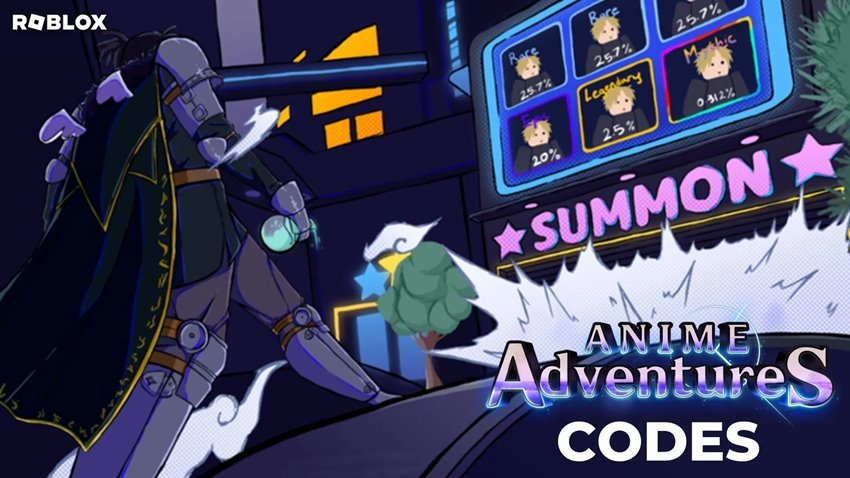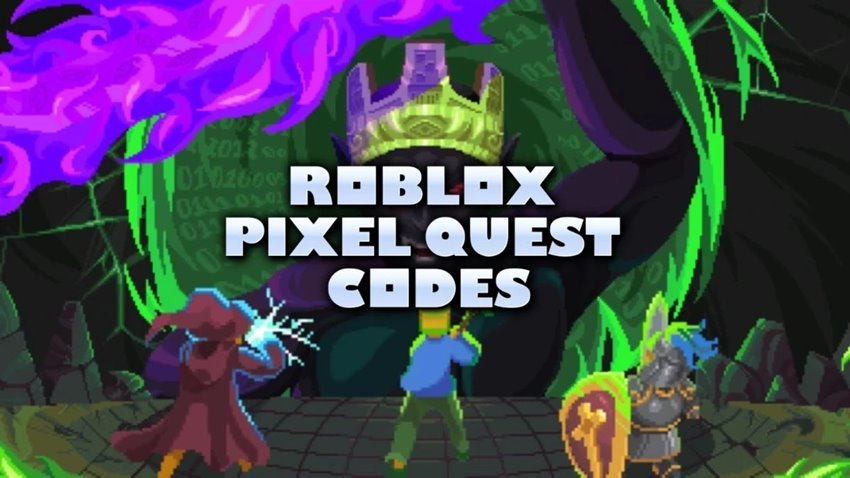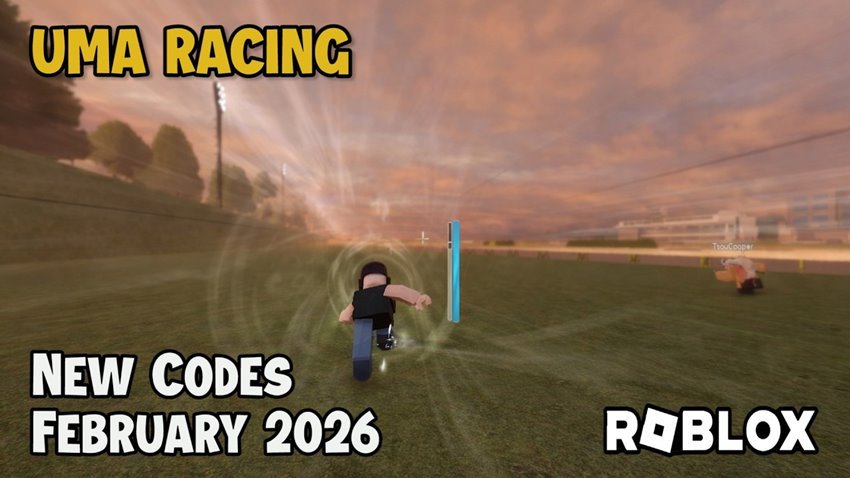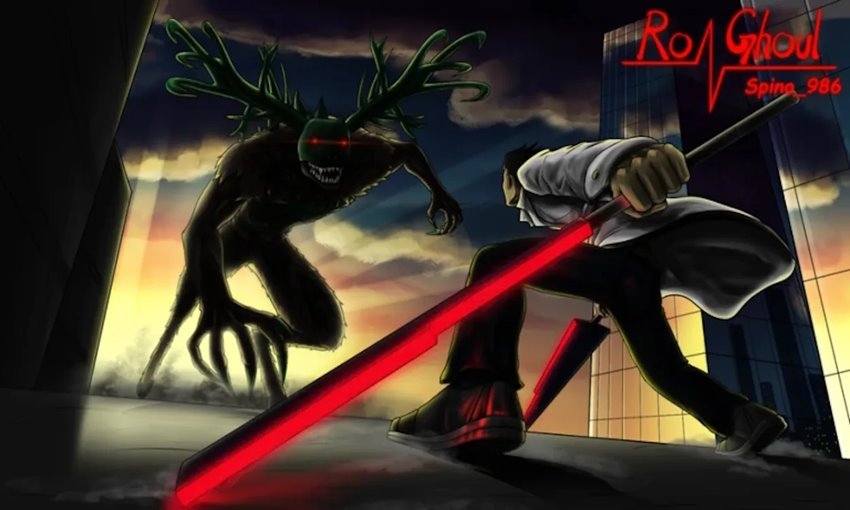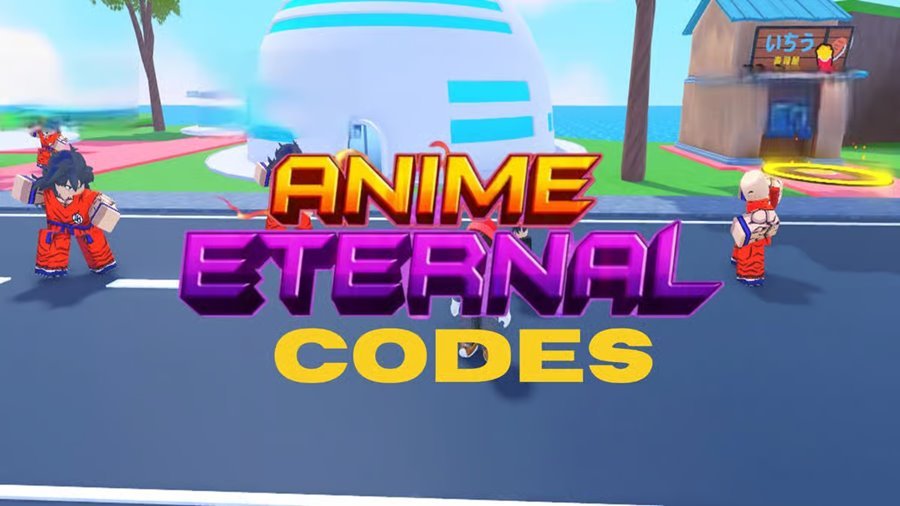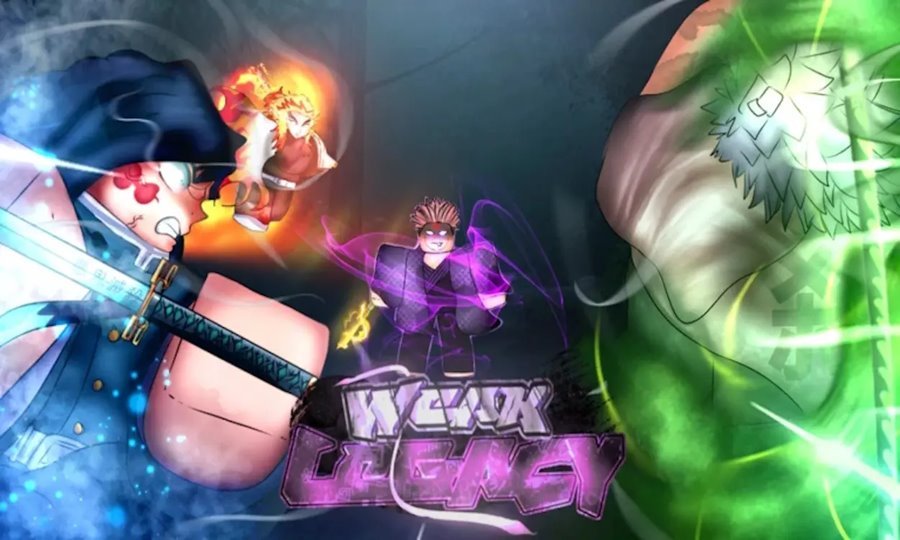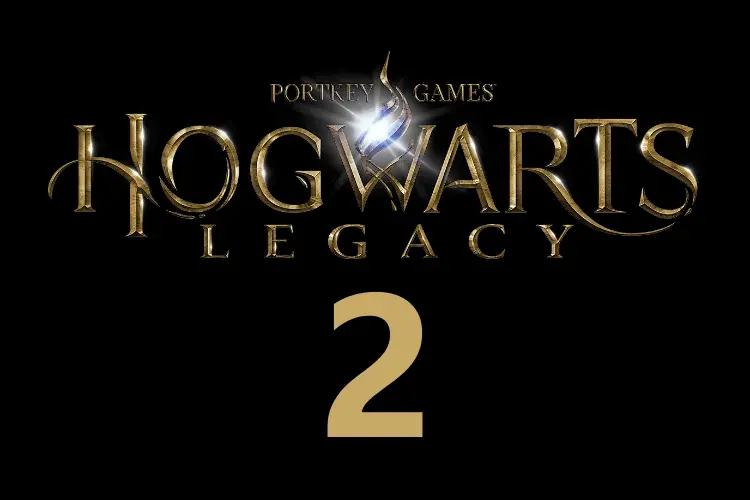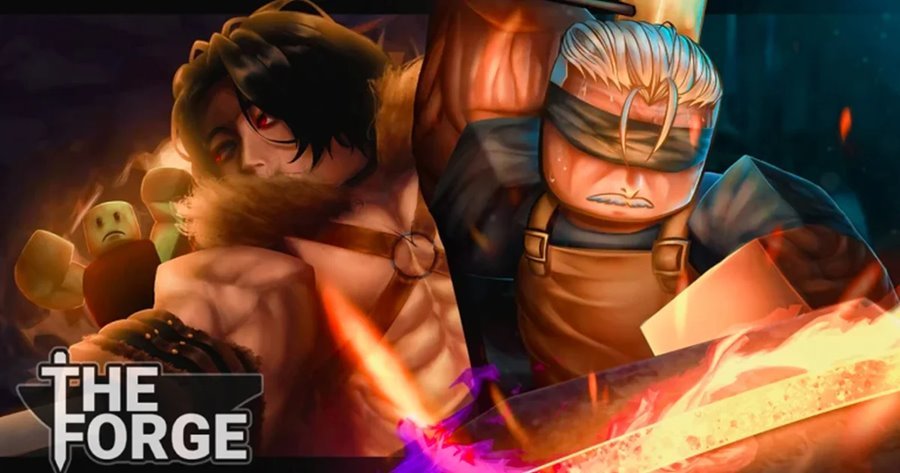UPI to block gaming transactions under Rs 50 - PlayStore NPCI's move is pointed toward directing volumes on UPI, which has been tormented by banking blackouts and specialized decays of late.

Managing a significant hit to Indian gaming new companies during the continuous Indian Premier League (IPL) season, the National Payments Corporation of India (NPCI) is set to for all-time boycott all gaming exchanges under Rs 50 on its well known Unified Payments Interface (UPI) channel. These new standards are set to kick in throughout the end of the week, numerous sources said.
The move is pointed toward directing volumes on UPI, where an unexpected flood in exchange volumes lately - attributable to sped-up computerized appropriation over the pandemic - has prompted an expansion in financial blackouts and specialized decreases.
As per industry insiders, NPCI has lately seen a huge spike in low-ticket repeating exchanges (as low as Re 1) handled by gaming shippers.
"These exchanges particularly spiked during IPL matches, which has prompted misgivings among NPCI and part banks that expanded exchange burdens could prompt more framework blackouts," said one of the sources refered to above.
Rather than UPI, NPCI needs clients and dealers to utilize standing directions (SI) based methods of installment, like netBanking, for such installments to guarantee a smoother stream, a source said. "The accreditations of the client, trader and the ticket size is known already. SI-based repeating channels are designed to deal with such installments," the source added.
The gaming business is as of now investigating approaches to request the boycott. A main gaming industry chief said such an arrangement could be past administrative domain of NPCI. "We have made portrayals to NPCI through industry discussions including IAMAI and FICCI. This is a significant hit to our business," the chief said.
Yet, sources near NPCI said these low-ticket exchanges have been seen as a "abuse" of UPI for quite a while. "These exchanges present a danger to the UPI framework. Banks get stopped up and are regularly incapable to handle different exchanges because of abrupt spray in preparing loads," an authority told ET.
This view may represent a significant issue to genuine cash gaming, which runs on miniature exchanges. Maybe than a fixed month to month membership, players pay as and when they play. This implies exchanges are ordinarily under Rs 100. Gaming industry sources said they will diminish their dependence on UPI from this point forward.
NPCI is yet to remark on ET's messaged inquiries. Dream 11 and MPL declined to remark. Viewpoint India was quick to provide details regarding Wednesday of an expected prohibition on low-esteem gaming exchanges.
NPCI needed to boycott exchanges under Rs 250
UPI to block gaming transactions under Rs 50 - PlayStore Gaming industry sources said that NPCI had been reflecting such a boycott for half a month and had been in steady commitment with driving dealers.
"They prior needed the roof for the exchange boycott to be pretty much as high as Rs 250," said one of the sources. "We have brought to cut down this roof. [But] such a standard is against market standards. How might we request that our clients not make installments beneath Rs 50?" the individual added.
As indicated by a second gaming industry source, NPCI's choice to hinder such exchanges down to pressure from the financial business, as there is no motivating force for banks to bring about extra loads on their backend frameworks without the dealer rebate rate (MDR), which the expense banks typically charge shippers to handle computerized installments. The public authority deferred MDR in 2019 to urge more dealers to receive advanced installments.
"There is a bigger discussion among banks and NPCI to check all repetitive low-esteem exchanges as there is no cash to be made on handling UPI any longer," said a gaming industry source. "UPI is the favored method of installments for over a large portion of our clients. A mass – more than half - of our exchanges are under Rs 50. This is a colossal hit to the business," the individual added.
These controls as the Indian government is figured out how to devise a law to manage genuine cash gaming. In India, gaming is a state subject. Most states right now permit games like rummy and poker, and dream sports, and consider these talent based contests. In any case, Telangana, Orissa, Assam, Sikkim and Andhra Pradesh have restricted these games under their enemy of betting laws.
As of late, all genuine cash gaming commercials during IPL have been joined by a disclaimer that cautions clients of the dangers implied.
Genuine cash games blasting in India
India's gaming biological system has seen a surge of expertise based genuine cash stages in the previous few years. The quantity of administrators in dream gaming has grown twenty-overlay since 2016 to 200 organizations and has pulled in marquee financial backers like Tiger Global, Sequoia India, and Falcon Edge.
Genuine cash gaming stages incorporate dream sports stages like Dream11, which depend on the genuine game, serious video gaming (esports, for example, the presently freely recorded Nazara innovation; and single-game and multi-game stages for games, carrom and that's only the tip of the iceberg, like GetMega and Mobile Premier League.
As indicated by a KPMG report, the dream sports industry client base developed at a pace of 165.9% during 2016-2020, from 2 million in June 2016 to 100 million out of 2020.
The market for online dream sports (OFS) was assessed at Rs 2,300 crore to Rs 2,700 crore, while the market for non-dream, genuine cash gaming, for example, rummy and poker was between Rs 2,500 crore and Rs 3,000 crore in the past monetary year. The quantity of OFS players is near 100 million and genuine cash gamers number around 30-40 million.

